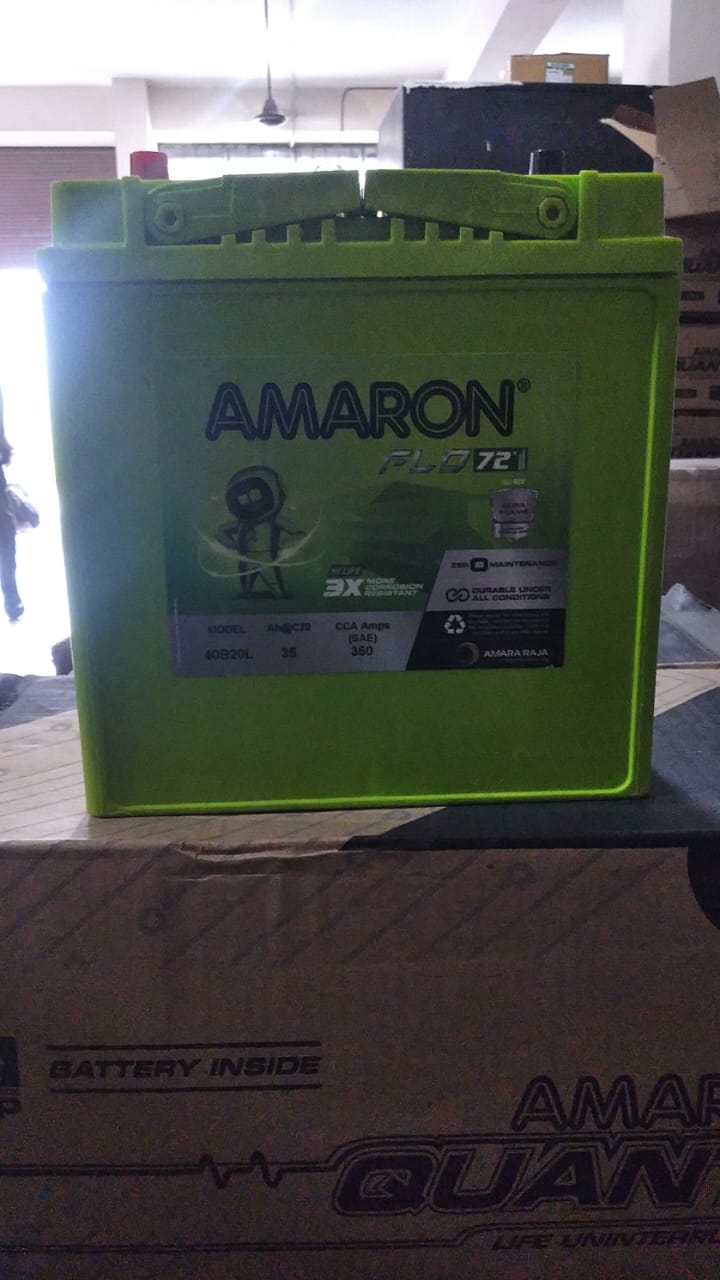Ups Rental
UPS rental services provide temporary power backup solutions for various applications. Here’s an overview of what these services typically include:
Key Features of UPS Rental Services
Flexible Rental Terms: Options for short-term or long-term rentals, accommodating project-based or seasonal needs.
Range of Capacities: Availability of different UPS systems, typically ranging from small (kVA) to large (up to several hundred kVA), catering to diverse requirements.
Various Topologies: Access to different UPS technologies (online, offline, line-interactive) based on the specific power protection needs.
Installation and Setup: Many services include professional installation, ensuring the system is configured correctly for optimal performance.
Maintenance and Support: Regular maintenance, technical support, and emergency services may be included, ensuring reliability throughout the rental period.
Transportation and Logistics: The rental company often handles delivery, setup, and pick-up of the UPS units.
Battery Options: Availability of different battery configurations and types to suit the application, including maintenance-free options.
Custom Solutions: Ability to provide tailored solutions based on specific site requirements and load assessments.
Common Applications
Events and Temporary Installations: Trade shows, conferences, and exhibitions requiring backup power.
Construction Sites: Providing power to equipment and tools on temporary job sites.
Data Centers: Emergency power during upgrades, maintenance, or outages.
Testing and Development: Ensuring power stability during product testing or development phases.
Natural Disasters: Providing emergency power in the aftermath of outages.
Advantages of UPS Rental Services
Cost-Effective: No capital expenditure is required, making it financially advantageous for short-term needs.
No Long-Term Commitment: Flexibility to scale power needs up or down based on project requirements.
Access to Latest Technology: Ability to utilize the latest UPS systems without the need for long-term investment.
Reduced Maintenance Responsibility: The rental company typically manages maintenance, reducing operational burdens.
Considerations
Load Assessment: It's crucial to assess power needs accurately to select the appropriate UPS size and capacity.
Service Agreements: Review terms and conditions, including support and maintenance provisions.
Delivery and Setup Time: Ensure timely delivery and installation to meet project timelines.
Local Regulations: Check compliance with local electrical and safety regulations.
How to Choose a UPS Rental Service
Reputation: Look for established companies with positive reviews and a track record in UPS rentals.
Range of Equipment: Ensure the provider has a diverse inventory to meet various power needs.
Customer Support: Consider the level of support offered, including technical assistance and emergency services.
Pricing: Compare quotes from different providers to ensure competitive pricing.
If you have specific requirements or questions about UPS rental services, feel free to ask!
Send
Message








